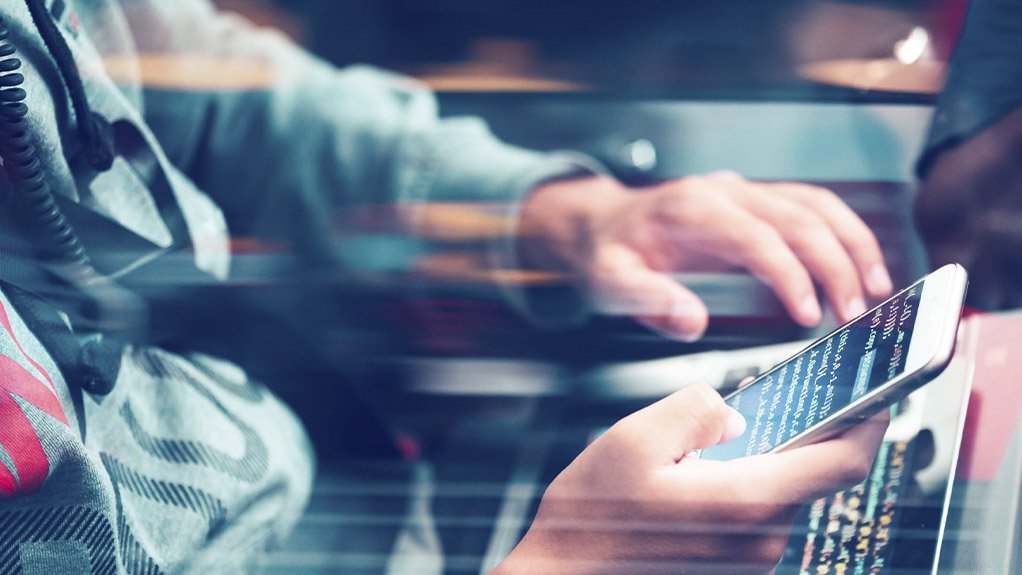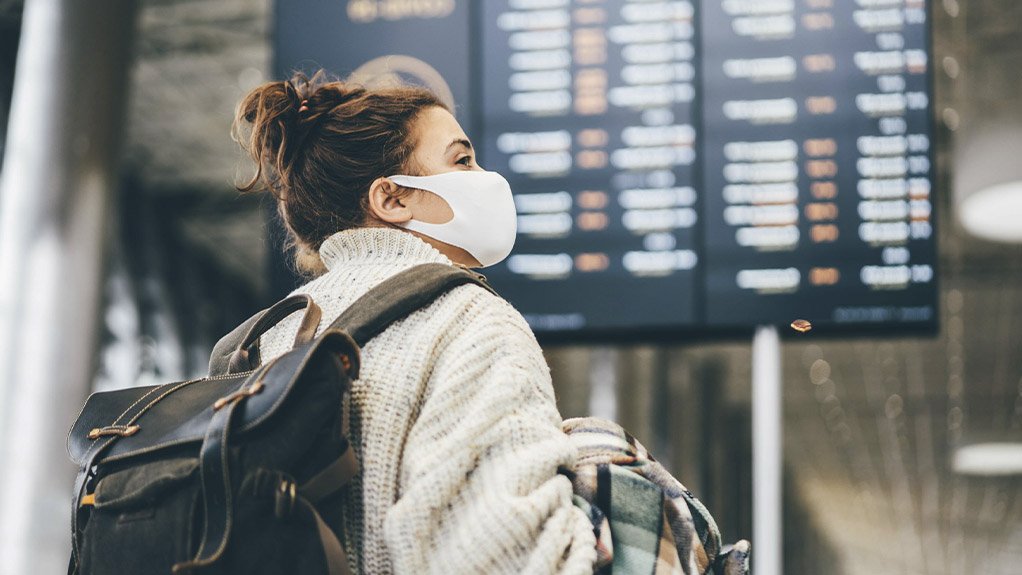Does COVID’s no-touch travel magnify the need for data security?
Twenty-twenty saw COVID-conscious travel procedures and the emergence of touchless tech define the landscape of business travel. Corporate Traveller’s GM, Oz Desai, weighs in on how the insecurities surrounding data security impact business travel and what steps business travellers can take to keep their data safe while travelling.
New ‘tech’ has emerged offering possible solutions for an industry furiously navigating the challenges of operating during a global pandemic.
Technological innovations such as biometrics, facial recognition, and smart products all made air travel and border crossings safer and more efficient, while speeding up the return to ‘normal’ travel during the pandemic.
By 2023, the U.S. Department of Homeland Security expects to be using facial recognition on 97% of travellers. While in countries like Belize, travellers must download contact-tracing apps, and in Hong Kong and Grenada they are required wear a GPS tracker during the pandemic.
These trends, which are set to rapidly become global norms, can feel ‘invasive’ to privacy-conscious travellers. Amnesty International also drew attention to the dangers of these new technologies when it called out Bahrain, Kuwait, and Norway last year for overly invasive apps, and Qatar for a security flaw that made personal information vulnerable to hackers.
However, while facial recognition during your travels might feel invasive, the risks are relatively limited. Traveller data is mostly used to model and predict travel demand, timing and pricing tolerance. According to data specialists quoted in National Geographic, if you have no issues with posting selfies on social media, your anxiety over travel innovations might just be misplaced.
The more pertinent risk for traveller data existed well-before the widespread adoption of touchless technology and facial recognition. In fact, in 2018, IBM Security reported that business travellers are some of the most at-risk victims of cyberattacks, but don't seem to realise it.
Travelers are often in unfamiliar places, easily distracted and more likely to be victims of cyberattacks. They can be at risk of someone hacking into their bank accounts, credit cards, and or even stealing their identity, when they use public Wi-Fi at airports or coffee shops.
Further to this, travellers need to be aware that cybercriminals create pop-up networks and websites with a professional appearance to steal usernames, passwords, and contacts from unsuspecting users. Travellers – who are distracted in an airport environment – are more likely to fall prey to these scams than people working from the peace and quiet of an office.
Here are a few tips to make sure your data is safe:
- Use trusted apps from providers you are familiar with.
- Choose your Wi-Fi with care: Business travellers should try to avoid public networks, if possible, or consider using a VPN.
- Bring a power bank. USB power charging stations allow cybercriminals to download data or install malware.
- Make sure your devices are locked behind a password, or better still, biometric security.
- Update your antivirus software before travelling and install a firewall.
Although these tips will go a long way towards ensuring cyber safety while on the road, it has become essential to have a reliable TMC that is dedicated to helping you protect your data as part of a duty of care plan. Corporate Traveller, for example, has global and regional data protection officers in-house who provide an integrated approach to data security.
In this digital age, data may be one of the most valuable things any of us own, therefore, having a partner who is expert in how to protect it is of tantamount importance.
Article Enquiry
Email Article
Save Article
Feedback
To advertise email advertising@creamermedia.co.za or click here
Press Office
Announcements
What's On
Subscribe to improve your user experience...
Option 1 (equivalent of R125 a month):
Receive a weekly copy of Creamer Media's Engineering News & Mining Weekly magazine
(print copy for those in South Africa and e-magazine for those outside of South Africa)
Receive daily email newsletters
Access to full search results
Access archive of magazine back copies
Access to Projects in Progress
Access to ONE Research Report of your choice in PDF format
Option 2 (equivalent of R375 a month):
All benefits from Option 1
PLUS
Access to Creamer Media's Research Channel Africa for ALL Research Reports, in PDF format, on various industrial and mining sectors
including Electricity; Water; Energy Transition; Hydrogen; Roads, Rail and Ports; Coal; Gold; Platinum; Battery Metals; etc.
Already a subscriber?
Forgotten your password?
Receive weekly copy of Creamer Media's Engineering News & Mining Weekly magazine (print copy for those in South Africa and e-magazine for those outside of South Africa)
➕
Recieve daily email newsletters
➕
Access to full search results
➕
Access archive of magazine back copies
➕
Access to Projects in Progress
➕
Access to ONE Research Report of your choice in PDF format
RESEARCH CHANNEL AFRICA
R4500 (equivalent of R375 a month)
SUBSCRIBEAll benefits from Option 1
➕
Access to Creamer Media's Research Channel Africa for ALL Research Reports on various industrial and mining sectors, in PDF format, including on:
Electricity
➕
Water
➕
Energy Transition
➕
Hydrogen
➕
Roads, Rail and Ports
➕
Coal
➕
Gold
➕
Platinum
➕
Battery Metals
➕
etc.
Receive all benefits from Option 1 or Option 2 delivered to numerous people at your company
➕
Multiple User names and Passwords for simultaneous log-ins
➕
Intranet integration access to all in your organisation























